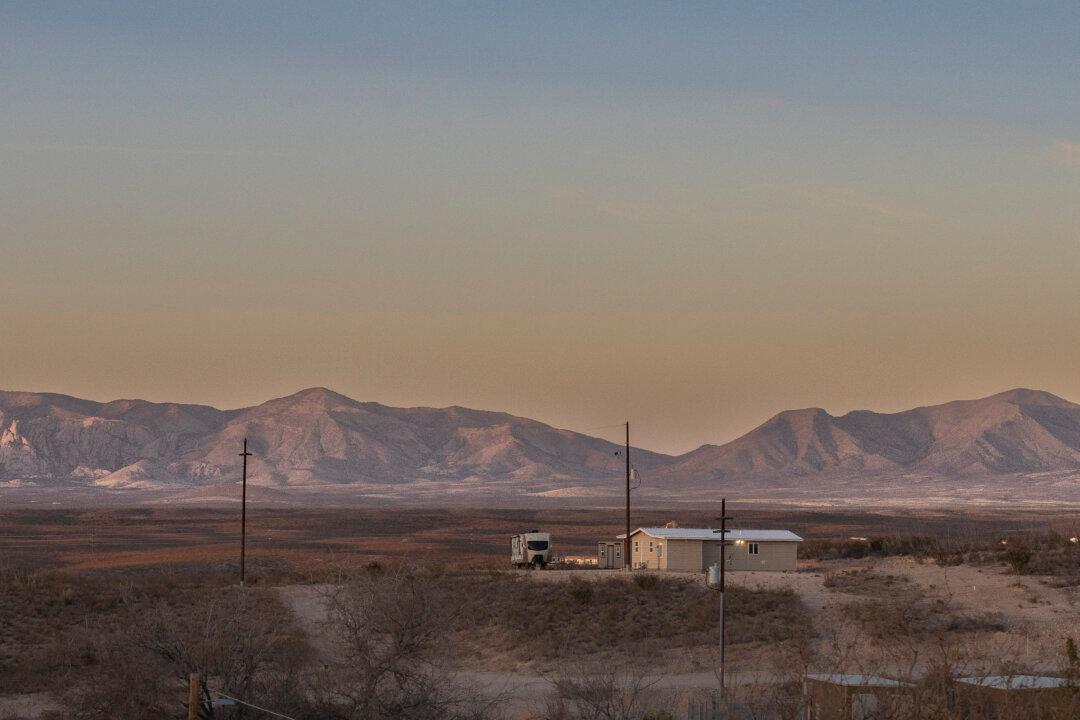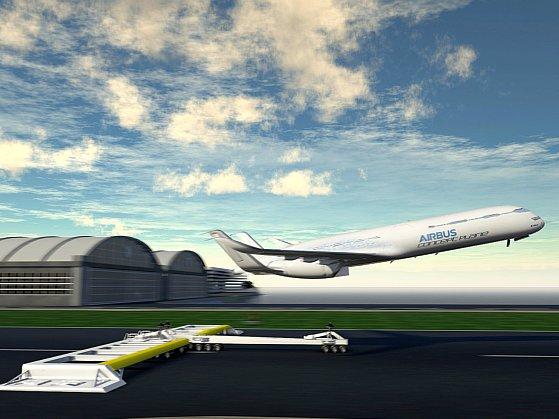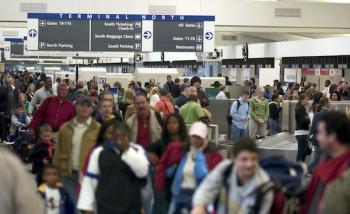Imagine you encounter and emergency situation or get involved in an accident while traveling in Europe. Would you know what number to call?
When traveling in all European Union (EU) member states there is only one number you need to remember—112.
With the increasing number of foreign travelers within the EU, it is likely that you may witness a fire, become injured, or need to call the police. To help its citizens and guests deal with emergencies, the 112 number provides a direct connection with fire, ambulance, and police departments in every EU member state.
The project started in the early ’90s when the European Commission (EC) adopted a decision to establish an emergency hotline that should be available in all EU member states.
“There are about 150 million people traveling in EU every year. Having a single unique number in the EU would be a huge benefit,” said Fabio Colosanti, the director general for information and media in the EU, in a statement.
Dialing 112 it will take your call to a dispatch center in the country you are calling from. The call is free and can be made from any paid phone or cell phone. Cell phones that are out of network or without a SIM card, can also tap into the 112 number.
Calls are answered within the first few seconds, and the operators are able to assist you in urgent situations in several foreign languages. The most common languages used by the 112 centers are English, French, German, Spanish, and Italian. Depending on the country, operators may deal with you directly, or direct the call to the appropriate emergency service you need—fire, medical, or police.
In a situation when the caller is unable to state his or her location, the 112 center will be able to locate the origin of the call. It is especially helpful if you are a foreign traveler and unfamiliar with your surrounding area.
Denmark, Finland, the Netherlands, Portugal, Sweden, and most recently Romania have begun use of 112 as their main national emergency number. In other countries the 112 number exists alongside with local emergency numbers.
The latest member state, Bulgaria, which joined the EU in 2007, was slow in its response to the mandatory development of the 112 projects. For delaying building and putting into action the single emergency phone on its territory, Bulgaria was put under criminal procedure by the European Commission (EC), but avoided penalties after the Commission terminated the procedure in January this year.
“After considerable efforts undertaken by the Bulgarian authorities, access to the single European emergency number 112 has been fully provided in Bulgaria,” stated a press communiqué from the office of Viviane Reding, EU Commissioner for Information Society and Media.
A built-in GPS in all ambulances along with staff training has yet to be implemented, though is set to be ready in 6 months. Bulgaria spent 2 million euros (US$2.6 million) for the first stage of its system. Full completion of the project will require another 2 million euros, stated Bulgarian Deputy Health Minister Valeri Tsekov.
The number has been around for almost 20 years, but only 22 percent of Europeans are aware of it, showed a report by the EU Communication Committee.
“It is essential that we educate the general public about the 112 number and its correct use,” says a statement by Oliver Paul-Morandini from the European Emergency Association, which helps the EC in its efforts to make the number popular among more Europeans.
With the EC reporting that there are 100 million medical emergencies being recorded in Europe every year, next time you travel to Europe, keep in mind number 112.
Additional reporting by Ekaterina Popova, Epoch Times Staff



